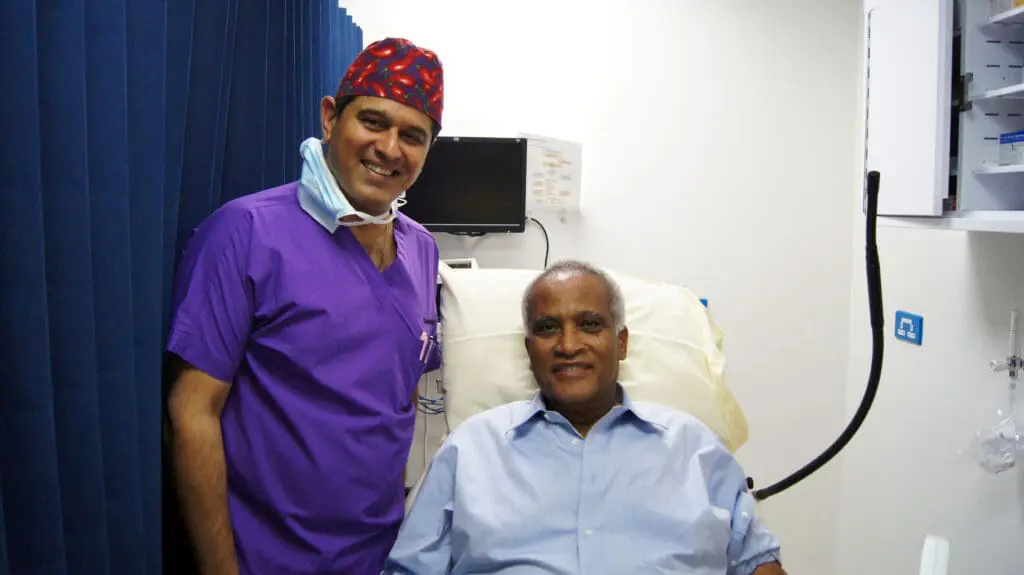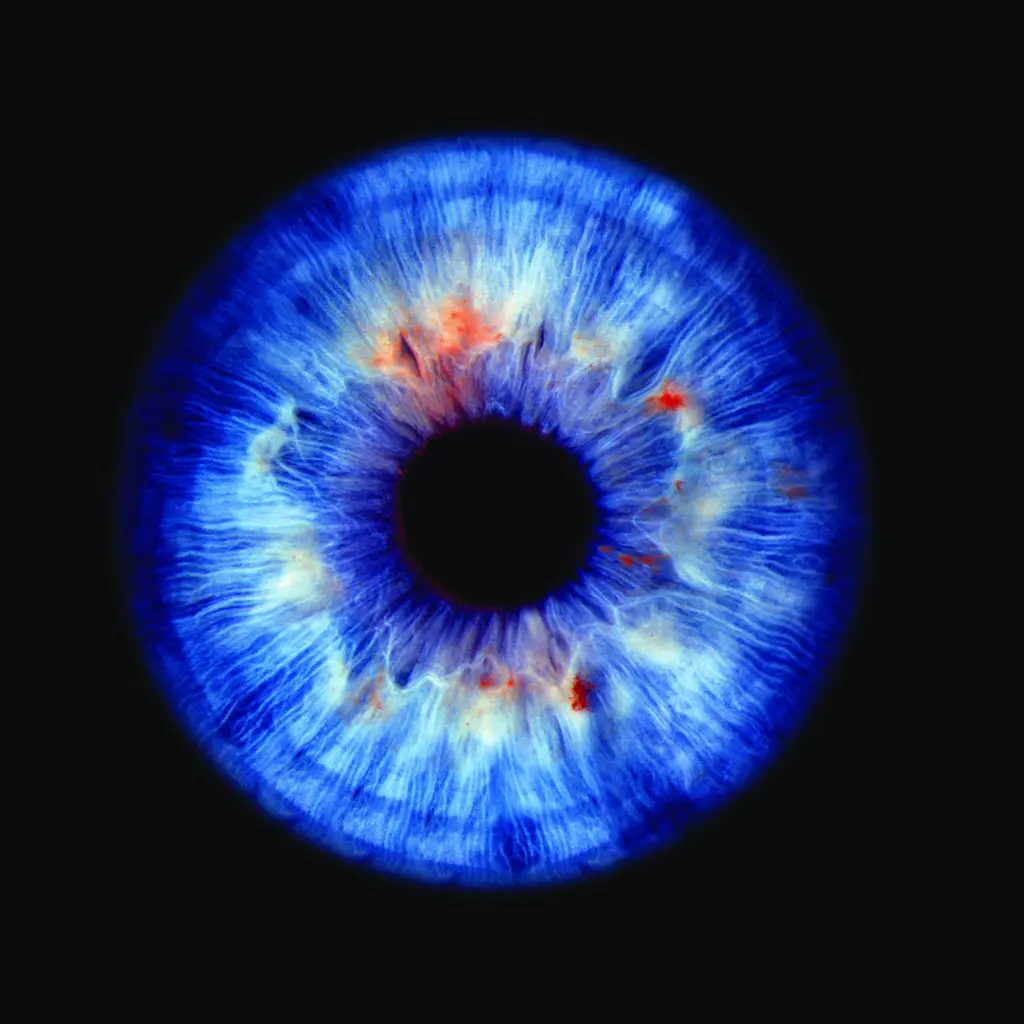A cataract is an eye condition where the normally clear focussing lens in the eye becomes cloudy and interferes with vision. The typical symptom of cataract formation is a slow, progressive and painless decrease in vision of variable degrees.
The loss of transparency of the lens may be so mild that vision is hardly affected, or so severe that no shapes or movements are seen, only light and dark. Cataracts can occur in both eyes but they may not always develop at the same time or progress at the same rate.
Certain factors can increase the risk of developing cataracts, including diabetes, long-term steroid use, or eye injuries.





